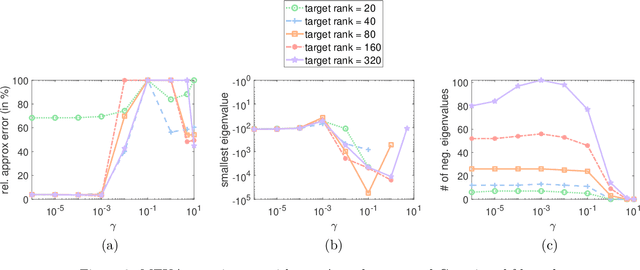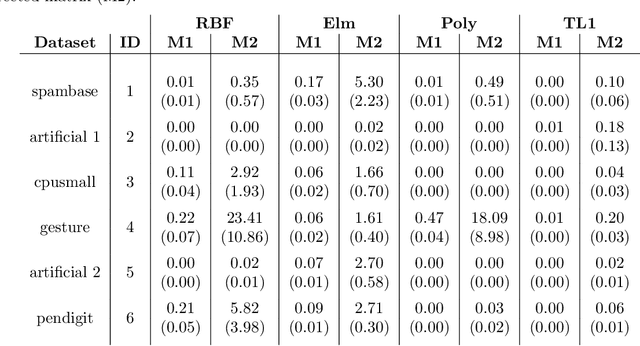Simon Heilig
Towards an Optimal Control Perspective of ResNet Training
Jun 26, 2025



Abstract:We propose a training formulation for ResNets reflecting an optimal control problem that is applicable for standard architectures and general loss functions. We suggest bridging both worlds via penalizing intermediate outputs of hidden states corresponding to stage cost terms in optimal control. For standard ResNets, we obtain intermediate outputs by propagating the state through the subsequent skip connections and the output layer. We demonstrate that our training dynamic biases the weights of the unnecessary deeper residual layers to vanish. This indicates the potential for a theory-grounded layer pruning strategy.
Injecting Hamiltonian Architectural Bias into Deep Graph Networks for Long-Range Propagation
May 27, 2024



Abstract:The dynamics of information diffusion within graphs is a critical open issue that heavily influences graph representation learning, especially when considering long-range propagation. This calls for principled approaches that control and regulate the degree of propagation and dissipation of information throughout the neural flow. Motivated by this, we introduce (port-)Hamiltonian Deep Graph Networks, a novel framework that models neural information flow in graphs by building on the laws of conservation of Hamiltonian dynamical systems. We reconcile under a single theoretical and practical framework both non-dissipative long-range propagation and non-conservative behaviors, introducing tools from mechanical systems to gauge the equilibrium between the two components. Our approach can be applied to general message-passing architectures, and it provides theoretical guarantees on information conservation in time. Empirical results prove the effectiveness of our port-Hamiltonian scheme in pushing simple graph convolutional architectures to state-of-the-art performance in long-range benchmarks.
Revisiting Memory Efficient Kernel Approximation: An Indefinite Learning Perspective
Jan 20, 2022



Abstract:Matrix approximations are a key element in large-scale algebraic machine learning approaches. The recently proposed method MEKA (Si et al., 2014) effectively employs two common assumptions in Hilbert spaces: the low-rank property of an inner product matrix obtained from a shift-invariant kernel function and a data compactness hypothesis by means of an inherent block-cluster structure. In this work, we extend MEKA to be applicable not only for shift-invariant kernels but also for non-stationary kernels like polynomial kernels and an extreme learning kernel. We also address in detail how to handle non-positive semi-definite kernel functions within MEKA, either caused by the approximation itself or by the intentional use of general kernel functions. We present a Lanczos-based estimation of a spectrum shift to develop a stable positive semi-definite MEKA approximation, also usable in classical convex optimization frameworks. Furthermore, we support our findings with theoretical considerations and a variety of experiments on synthetic and real-world data.
 Add to Chrome
Add to Chrome Add to Firefox
Add to Firefox Add to Edge
Add to Edge